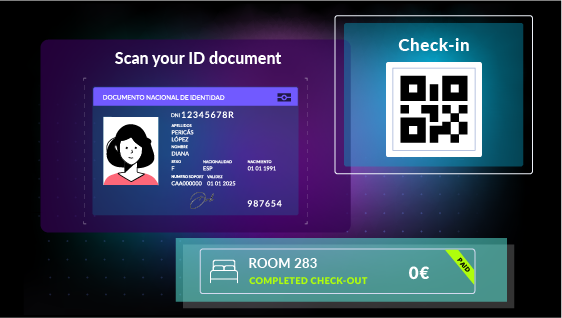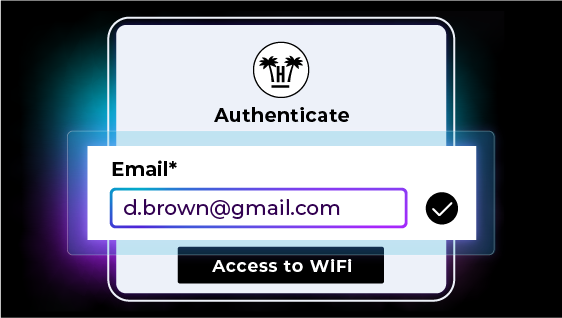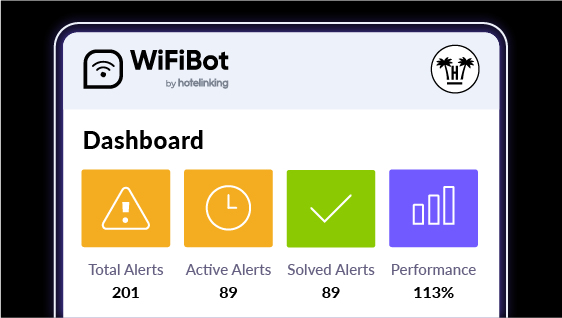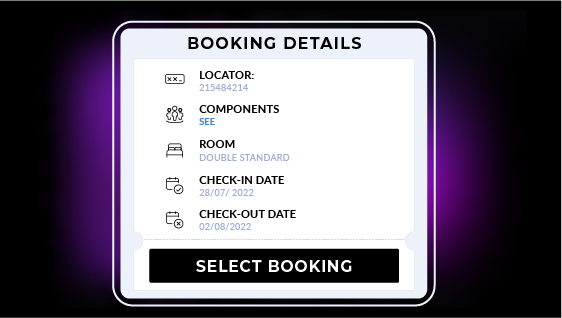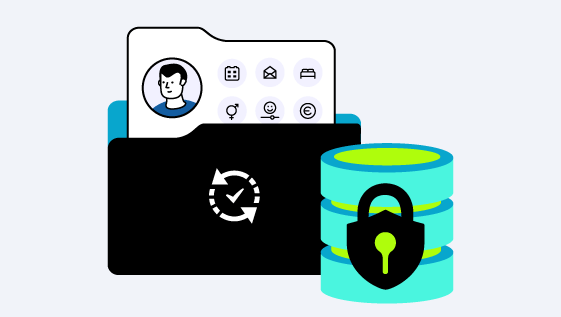
How to create a quality database for your hotel
Having a top-quality database is fundamental. This allows you to carry out marketing actions that lead to the increased recognition of the hotel brand among travellers, the promotion of the brand’s reputation and an increase in returning guests booking through the direct channel.
Nowadays, we find ourselves in a situation where marketing strategies, mainly online ones, are no longer effective when they only consider the markets that the hotel targets in the planning phase, as this concept is too wide. Currently, planning and adaptation of the digital marketing strategies must be based on quality contact data.
This information represents Hotel Data, the universe related to the data obtained from guests, that helps to create and document consumer profiles (buyers) that the hotel industry must consider in each marketing action to be implemented.
Beyond the fundamental contact information, the basic data block that this Hotel Data must include, it is also necessary to know what the guest’s destination, service and complementary activity preferences are. In other words, it is necessary to consider a transactional data block that tells us what the spending habits and trends are in terms of bookings and trips of each profile or buyer.
Have you ever thought about the quality of the guest data that your hotel obtains?
What prevent hotels from obtaining quality data about their guests?
We are currently facing a data revolution. However, the hotel industry suffers more than other industries due to the scarceness of information. Due to its characteristics, the hotel industry needs to work with guest data which is significant both in terms of quantity and quality. However, the existence of certain leaks, mainly caused by the intervention of intermediaries in the booking process, makes the acquisition of this data difficult.

1. Lack of information from booking channels.
In the hotel industry, 80% to 90% of sales usually come from third parties. It is almost impossible to obtain relevant guest information for the hotel from these. The main reason for this is that these channels do not share fundamental Hotel Data information, such as the verified email address of the future guest, their nationality, age, native language, GDPR status, etc.
This basic data, which is vital from a marketing perspective, is often collected at check-in or check-out. However, this process can be inconvenient for several reasons:
- This is a delicate moment when guests often have other concerns, and do not wish to spend any longer than necessary arriving at or leaving the hotel.
- The small amount of data collected here is often taken down manually by Reception staff. This system is prone to human error and it is not possible to check the information in real time.
There are systems such as pre-check in, which facilitate arrival and make it less stressful. Here, further (optional) valuable guest information can be requested. As a result, generation of basic Hotel Data via this route will not exceed 5% once the useful data for the hotel has been verified when carrying out marketing tasks.
2. Data leaks from direct systems.
10% to 20% of sales come from the direct channel that, without a technological investment of the appropriate systems, do not provide enough valuable basic or transactional information. In the best case scenario, essential Hotel Data can be complemented with data such as the booking channel used, type of room, board, number and type of people included in the reservation, etc.
However, this information which is generally extracted from booking engine integrations (designed to collect minimal and important information that does not interrupt the process) and the PMS, only includes the person who made the booking. Approximately, this halves the possibility of obtaining valid contact data for the hotel. On the other hand, many of these management systems are not designed to identify returning guests who stay in one or several hotels in the same chain.
Also, in these cases information is not usually centralised. There is therefore no way of measuring global expenses and promoting the loyalty of these guests. The fact of not having enough contact information, enough Hotel Data, therefore makes investing in automated marketing tools that would allow for better management of different actions such as return of investment (ROI) unprofitable.

So, how can we obtain quality data for the hotel?
The most effective method is automated contact data collection in the hotel. For example, thanks to the guests’ login when they attempt to access the hotel’s Wi-Fi, the brand can obtain relevant marketing data. This way, it is possible to obtain 60% to 95% of all Hotel Data, with verified information.
This way of obtaining data is more efficient, so it is not necessary for front desk associates to participate and the moment when users decide to connect to the Wi-Fi network remediates the aforementioned complications.
Obviously, the quantity of data collected will depend on factors such as the quality of the Wi-Fi and browsing infrastructure in the hotel. The integration of tools which have been specially designed for the hotel industry is also fundamental, to guarantee access to guest data. From a centralised system that allows us to evaluate information, marketing managers can carry out the ideal actions at the best moment in the hotel consumers’ purchasing cycles.


